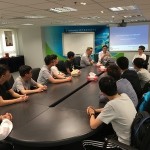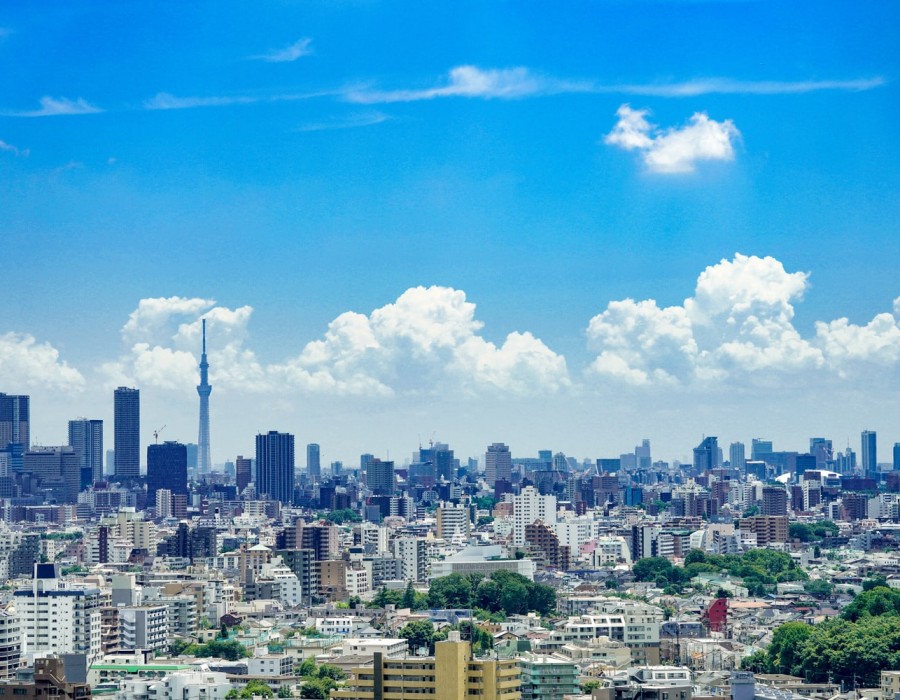In a 2014 study, productivity software company DeskTime found that the most productive employees were those who took regular breaks, working an average of 52 minutes and then taking a 17-minute break.
But the researchers want to know whether this will be true after all the pandemic upheavals. "The whole reason we want to conduct this study is because our work lives have changed dramatically in the past year and a half," said Julia Gifford, one of the researchers and the study's initiator. "We would love to know if this will affect the [work to break time] model we saw not long ago."
People work longer
According to the researchers’ latest findings, the most efficient DeskTime users now spend nearly two hours of work (112 minutes) and nearly half an hour of rest (26 minutes). The company determines which users are the "most efficient" 10% by looking at those users who have used "efficient" applications the longest. (Users can choose which applications they consider "efficient", "inefficient", and "neutral" based on their type of work. For example, a social media manager may consider Facebook and Twitter as efficient applications, while a financial advisor may consider them Not productive.)
This means that compared to DeskTime's 2014 study, the ratio between work and rest time has changed from 3:1 to 4:1. "People are slowly starting to work more, which can have different explanations," Gifford said. "Our general working method is constantly changing, and these most productive people may develop unhealthy boundaries in their work sprints. The other is... they allow themselves to be in flow for a long time [state] ."
Another reasoning may be attributed to a common workplace time thief: meetings. "Before, people had time to go to meetings away from the computer... or [people] were actively taking notes," Gifford said. "Meeting now means more sitting at the computer and working, so this is a way to derive this trend... a two-hour sprint."
DeskTime consulted with organizational psychologist Katrīna Ošleja, who pointed out that people are most likely to spend extra time in meetings and then spend more time resting. In a remote environment, staff members may record more time in meetings—usually to make up for casual conversations that must now be more formally scheduled.
Ošleja pointed out that rest time may also be used for non-leisure activities. Working parents may have taken a 20-minute break in the office, snacks or a walk. But now they are located in remote areas, they may choose to use this time to wash clothes or help children complete online homework.
Why rest is so important
In DeskTime's original research, Gifford did not anticipate that break time would become the main source of productivity. He assumed that "go to work" time and how employees arrange their work flow would be the most illustrative. "Disruption is correlation," Gifford said. "It turns out that they are the unity factor between all these people. We think that the commonality lies in working hours, but in fact the opposite is true."
But how healthy is it to stay in these longer hours of focused work? Can workers maintain these flow conditions for a long time? Lesley Cooper is a management consultant and writer. His specialty is measuring stress and stress. He said that rest is necessary to distract long periods of attention.
Cooper said that humans do not mean always "on", which may affect our energy storage and gradually affect our productivity levels. "When people are over-focused on a task, they tend to reduce the activity of the main muscles of the body and have shallower breathing. Both of these behaviors weaken the physical energy, which is the basis for the emotional and mental energy needed to maintain focus and performance."
She said that working too long may also reflect an unhealthy company culture that does not recognize the importance of employee benefits.
So what is a good rest? According to Cooper, it can ensure that you get a respite from cognitively demanding tasks. "The key is that it is [and] different from what you did before. For example, if you have been sitting in front of the keyboard for 90 minutes on a very focused brain task, then you need to switch to something that requires more distraction, or at all Not focused."






Comments